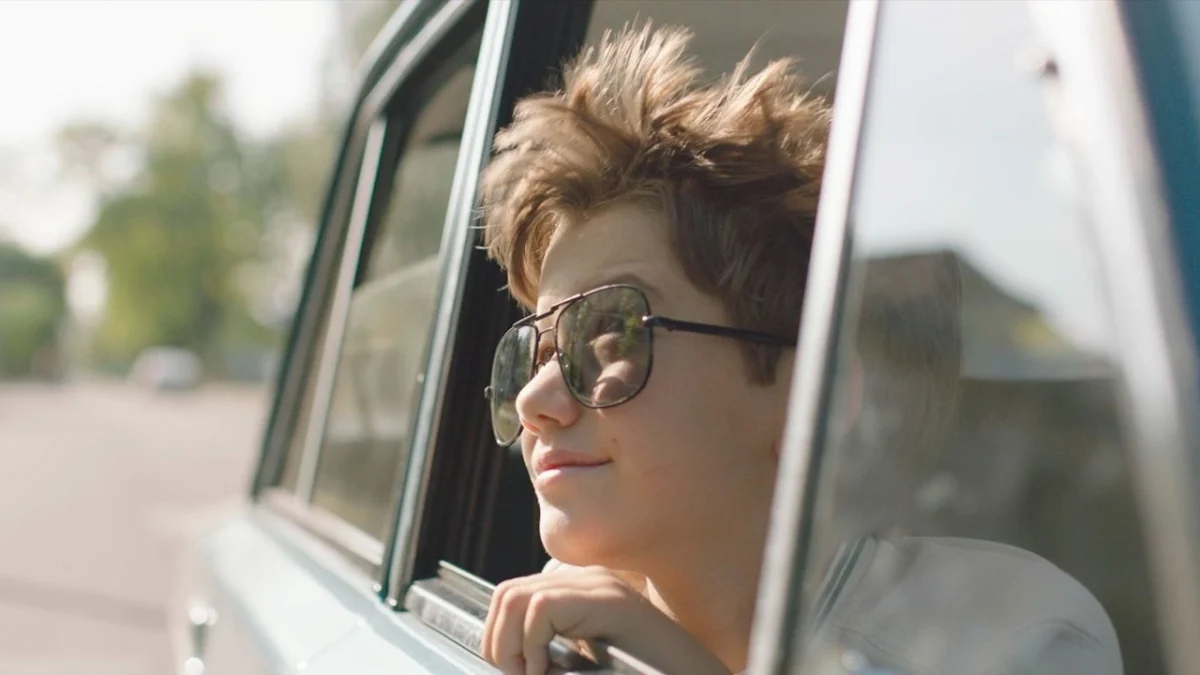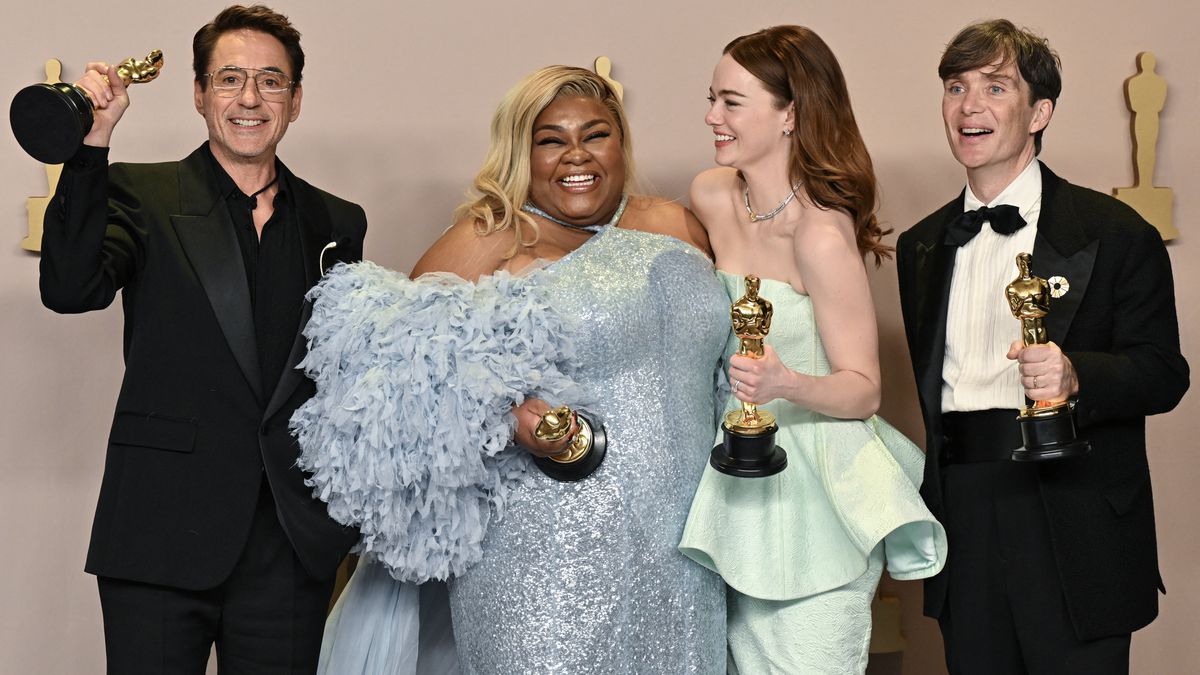
When watching a modern horror, it’s hard not to find a borrowed technique or reference of horror films past, particularly of Alfred Hitchcock – the father of the genre. Hitchcock’s distinct style has been analyzed and broken down by every spoken line, shot and cut, but what more can be learned from the stories of the “Master of Horror?
Amherst Cinema’s “Science on Screen” film series seeks a response to this question through guest lecturers who provide more perspective to classic films from a context of science. The theater began its film series on Tuesday night with Alfred Hitchcock’s “The Birds,” featuring guest lecturer and avian connoisseur Jeff Podos of the UMass Biology department.
Professor Podos has spent several years studying the intricacies of vocal behavior of birds and their evolutionary biology in Brazil, the eastern United States and the Galapagos Islands. He deals primarily with Darwinian Finches from the Galapagos region.
“It’s important to think about how science and filmmaking intersect,” said Podos. “[They] are more similar than one might think about. They are done by creative people that are attempting to search for common truths.” Likening science and its practice to filmmaking, Podos emphasized, “Both start with some vision about what needs to be achieved and then, a relentless pursuit of that particular vision.”
Podos asserted that Hitchcock had such vision and exemplified it in his ability to exploit people’s fears through his operational mastery and advancement in the special effects of his era.
“The movie is very human-centric … there’s this big mystery throughout the story about what’s going on with the birds and what’s driving them. What my research does is it takes the perspective of the bird – as in what does it see in its world and how does it interact with challenges it faces,” said Podos.
The professor provided a sample of what his research has found about the behaviors of birds and their evolutionary characteristics. He discussed his observations of varying Galapagos finches describing the way in which their respective environments have altered the shapes of their beaks and the ways they sing.
“We now know that when birds produce vocal signals, when they sing, they’re using their beak … something unappreciated about 30 years ago,” said Podos.
His research has also found that female finches of a particular species only respond to certain vocalizations of males of their species, and coincidentally, the beak shape of males plays a huge role in the sounds they produce.
The lecture provided some interesting context in the way that birds communicate and even reproduce. Upon watching the film after its screening, it seemed that the observations Podos has made didn’t entirely figure into Hitchcock’s portrayal of his villainous birds. The film depicts the sadistic creatures merely cawing like the screeches of worn tires in their relentless and inexplicable terrorizing.
Still, a biology lesson never hurt.
Adam Abdelmaksoud can be reached at [email protected].







Diane Maksoud • Oct 26, 2011 at 10:29 am
I enjoyed the biology of the birds interesting to incorporate that aspect. Good piece, Adam!
Diane Maksoud • Oct 26, 2011 at 10:18 am
Great piece, interesting when the biology is the focus!